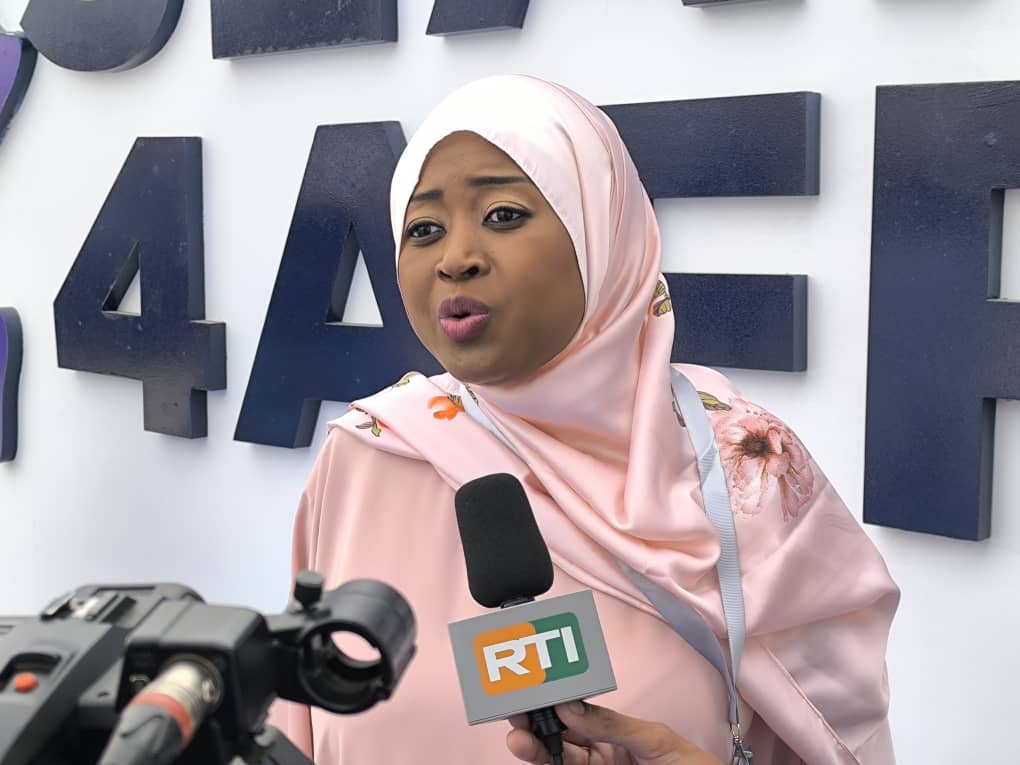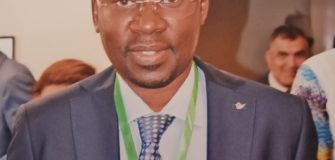Who does what in our waters?
Share
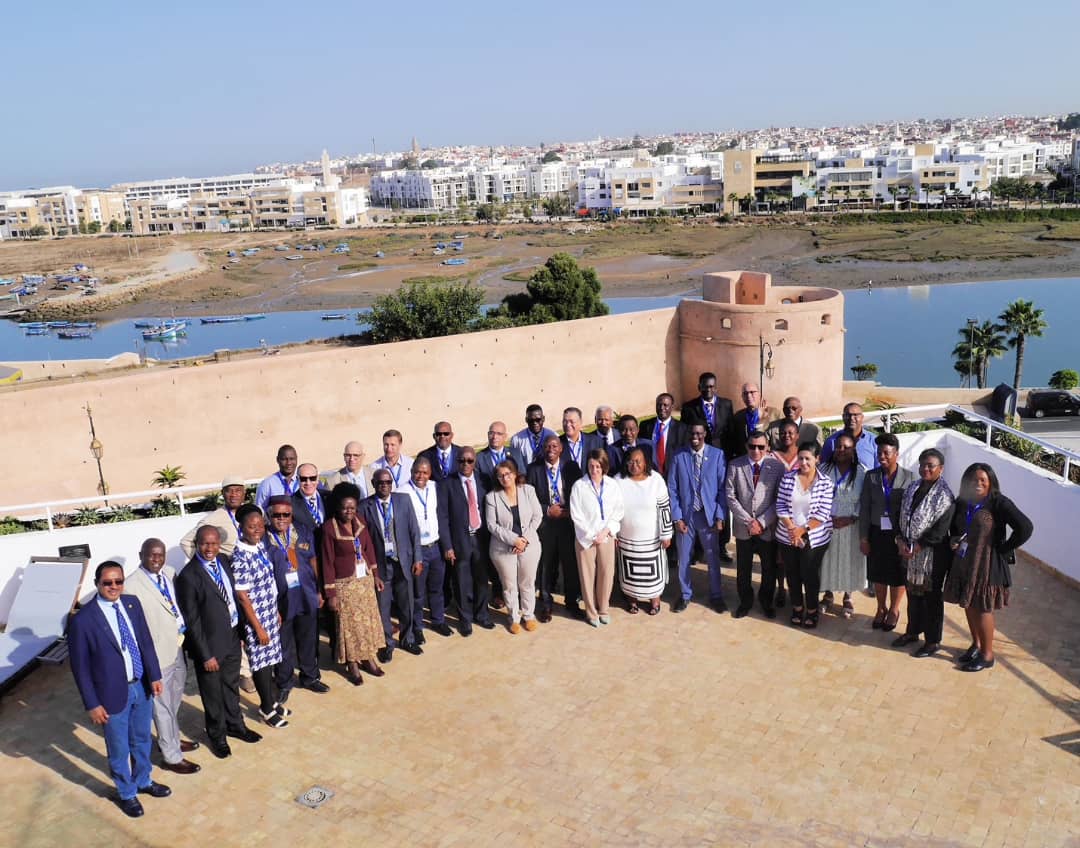
By André Naoussi, special envoy in Rabat (Morocco)
In the field of fisheries and aquaculture alone, more than forty institutions overlap on the African continent, with generally laudable intentions, but problematic efficiency. Their anchorage and rationalisation were the topic of a four-days cogitation, at the end of October in Rabat, on the occasion of the fifth general assembly of APRIFAAS (African Platform for Regional Institutions in Fisheries, Aquaculture and Aquatic Systems). The meeting was hosted by the Ministerial Conference for Fisheries Cooperation among African States bordering the Atlantic Ocean (ATLAFCO), which has held the presidency of the platform since April 2022.
The five regional economic commissions (RECs) of the African continent could have had a single body responsible for fisheries issues. The reality is quite different: two bodies in West Africa, the same in Central and North Africa, three in the East, and the same in the Southern part. In addition, there are dozens of institutions specialised by area, vision and interest. Very often, they all need the same States or donors, whose embarrassment is constantly growing. It is with a view to harmonising their programs, streamlining their operations and optimising resources that the African Union, through the Inter-African Bureau for Animal Resources (AU-IBAR), initiated the APRIFAAS platform in 2015.
A field study for an exhaustive inventory was entrusted this year to the National Fisheries Resources Research Institute of Uganda (NaFIRRI), with a view to “proposing appropriate strategies for inter-regional coherence, and better anchoring between RECs and the various fisheries and aquaculture bodies on the continent”. The picture painted by the team leader, Winnie Nkalubo, speaks loud about the reforms to be carried out at the institutional, legal, diplomatic, financial and functional levels: rivalries between institutions, leadership disputes between regions, inter-state conflicts, approximate governance, pressure from partners. The report recommends, among other things, the “need for a harmonised code of procedures and a memorandum of understanding between the various stakeholders”.
Synergy of actions
The unexpected storm of Covid-19 further revealed the great dependence and serious fragility of many institutions, and highlighted “the need for a synergy of actions, to avoid the great threat of decline”, as CheikhTidjaneN’dongo, delegate of the African Union Development Agency (AUDA-NEPAD), forcefully recalled. The scarcity of resources calls for increased awareness on the part of decision-makers and full collaboration between the actors in order to achieve the objectives they share in similar ambitions: sustainable management of fisheries resources, improvement of the living conditions of the populations of the coast and the inland, increase in the resources of the States, protection of the environment, and the fight against so-called IUU (Illegal, Undeclared, Unregulated) fishing.
Encouraging initiatives
Encouraging signs are already emerging in some regions, if we refer to the picture painted by the consultant Georges Mba-Asséko, and completed by other speakers: the envisaged merger of organisations in Central Africa, specialisations in West Africa, pooling of human and material resources in East Africa, refocusing of priorities on the human and environmental aspects in Southern Africa and the Indian Ocean, reorganisation in the Great Lakes, redefinition of mandates in North Africa…
In the end, all these scattered restructuring experiences must be shared, so that successes are duplicated and overlaps end. Communication will have to play a crucial role in this process; a dynamic website and a multilingual newsletter are envisaged. See you for the evaluation in October 2023, when ATLAFCO is committed to hosting the APRIFAAS GA in Morocco again.
Some suggestions from APRIFAAS in Rabat…
– Consolidate the sustainability of the APRIFAAS platform by including it in the budget of the African Union Commission.
– Strengthen the capacity of fisheries sector staff in the Regional Economic Communities (RECs).
– Mobilise high-level advocacy so that RECs and RFBs understand their mutual interest in anchoring.
– Establish anchoring consensuses for RECs that overlap several RFBs, as well as for RFBs whose activities overlap several RECs.
– Focus on communication (internal, public and inter-institutional).
– Attract and interest the private sector and financial institutions (national, regional, continental, global).
– Build a database of Africa’s fisheries resources by Africans, and promote their sharing and free exploitation.
Comments from some participants, APRIFAAS, Rabat, October 2022
Collected by André Naoussi
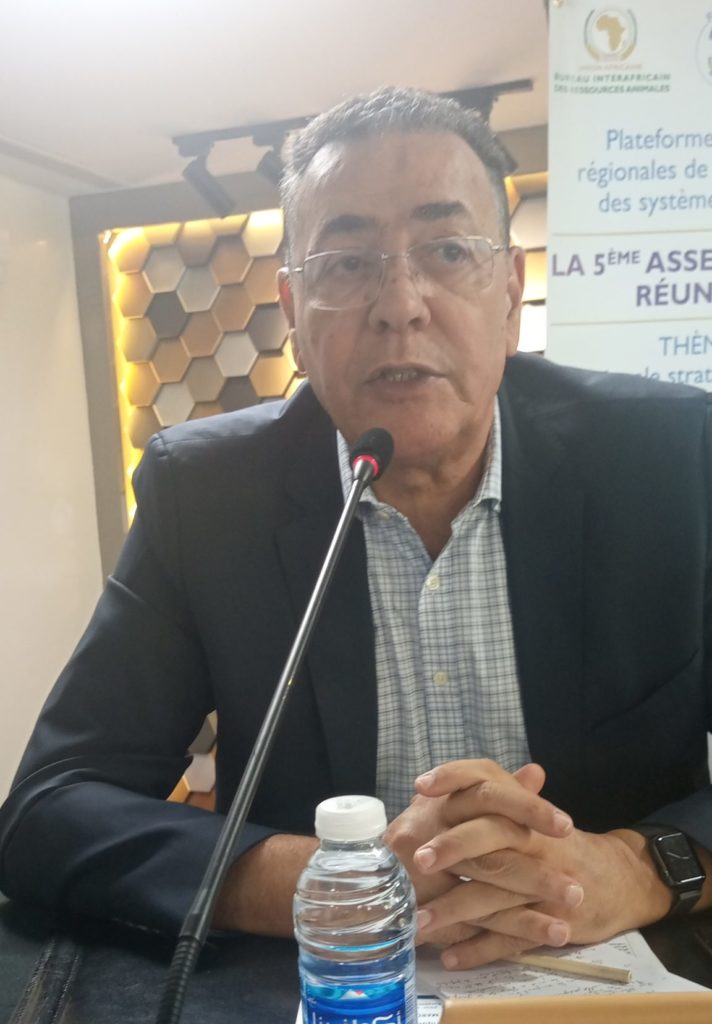
Abdelouahed BENABBOU, Executive Secretary of ATLAFCO
“We hope for greater responsiveness”
“We are happy to put our regional cooperation model at the service of Africa, for a fruitful collaboration between all the institutions in charge of fisheries issues. We hope for greater responsiveness on their part, for a coordinated management of resources in the interest of current populations and future generations.”
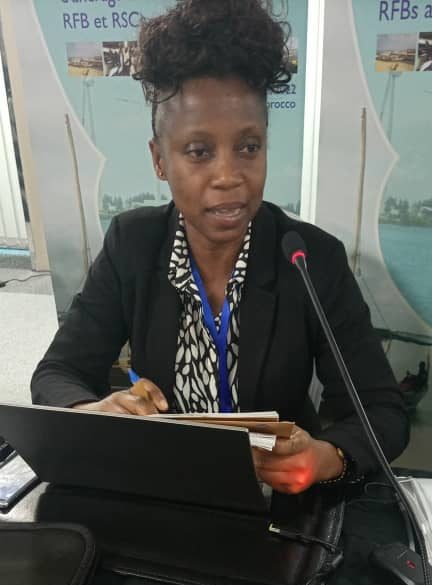
Winnie NKALUBO, NaFIRRI team leader
“Very positive feedback from participants”
“Harmonisation of activities is becoming an imperative for the efficiency and survival of our fisheries institutions, as well as their anchorage with regional communities. We are proud to have conducted the study which opens perspectives and mechanisms in this direction; the very positive feedback from the participants will allow us to improve the proposals, and we are available for their implementation.”
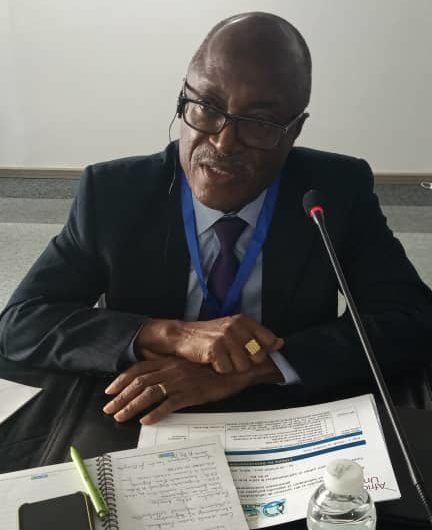
Jacques ABE, delegate of the Abidjan Convention
“Integrating large marine ecosystems”
“Large marine ecosystems must be integrated into the collaborative management of fisheries resources, because they cut across several regions, such as our organisation, which spans 22 countries. All environmental issues must be taken into account in fisheries management. Our experience can be useful, because we cover diverse and contrasting realities from West Africa to East Africa.”



